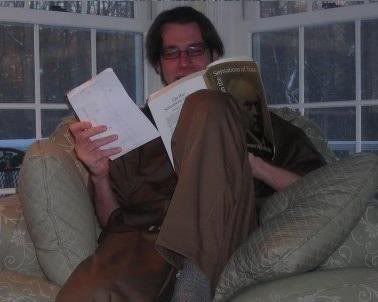The idea of atoms goes back to Greek times, to at least 400 BCE. The meaning of the word "atom" is, basically, "indivisible thing". The theory states that if you break something down into its fundamental constituents, there will reach a point where you can't break it down any more. There is a bottom level to the analysis of a thing into its parts.
In modern chemistry, born in the early 1800s, the term atom has been taken to mean a certain cluster of matter, ones that during the early to mid 1800s were thought to be the bottom level of matter, not analyzable further into its smaller particles. But in fact, "atoms" in this sense are broken down into protons neutrons and electrons, these into quarks, strings, who knows?
The use of the word "atom" in science today is inappropriate. We are still in search for the atom. For, by definition "atom" means the lowest level; if it is not the lowest level, it can still be broken down further, and it is not the atom.
The improper understanding of this idea results in my being pissed off in this scenario: When a scientist will say that the fact that the "atom" is made up of more fundamental particles shows that Democritus' ancient atomic theory was shown false, since atoms are found to be divisible, and the ancient theory clearly states that the atom is not divisible. This is wrong, the atom of Dalton, Mendeleev and Rutherford did not turn out to match the original concept of the atom . Dalton and the founders of modern chemistry chose the name of the particle prematurely. Perhaps what we now call the quark is the atom? Perhaps the superstring? Democritus would still be vindicated if realtiy turns out to consist of such elements. The atom cannot be divided.
Subscribe to:
Post Comments (Atom)

No comments:
Post a Comment